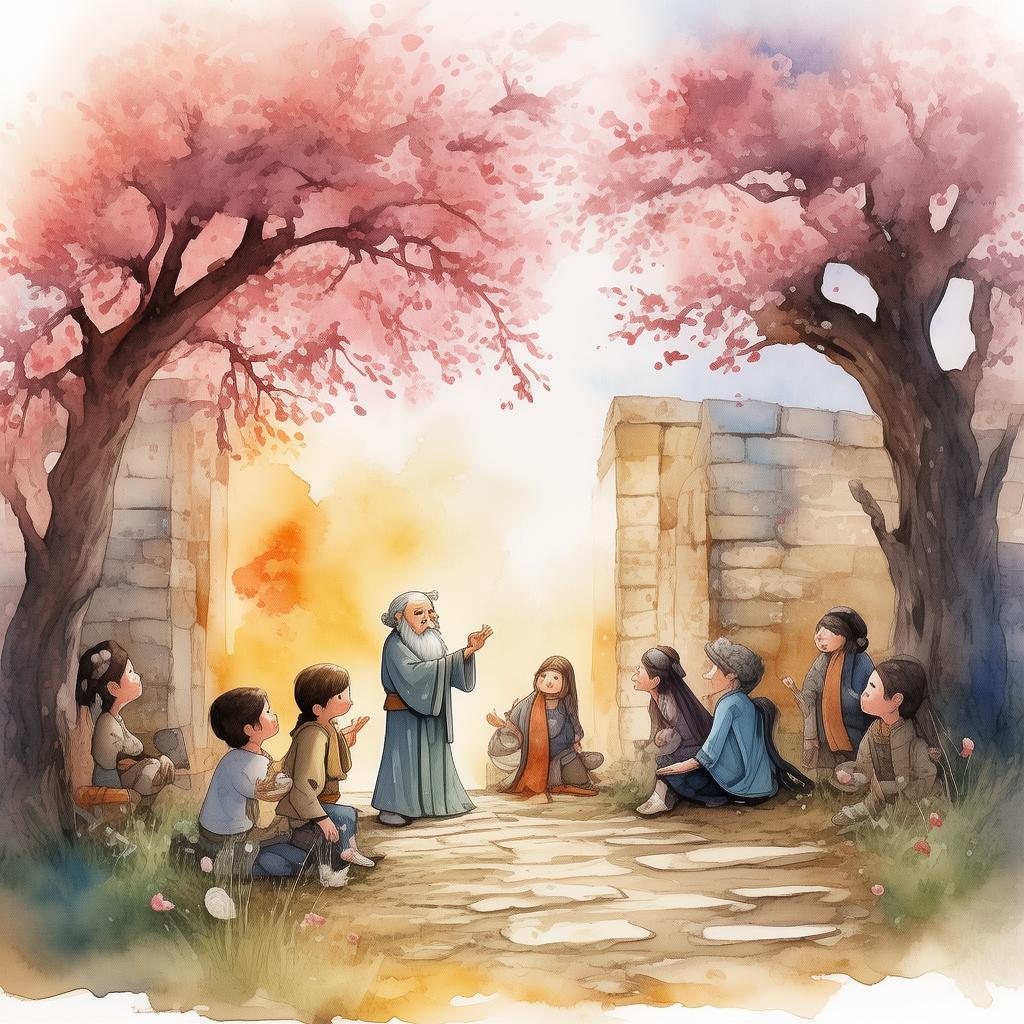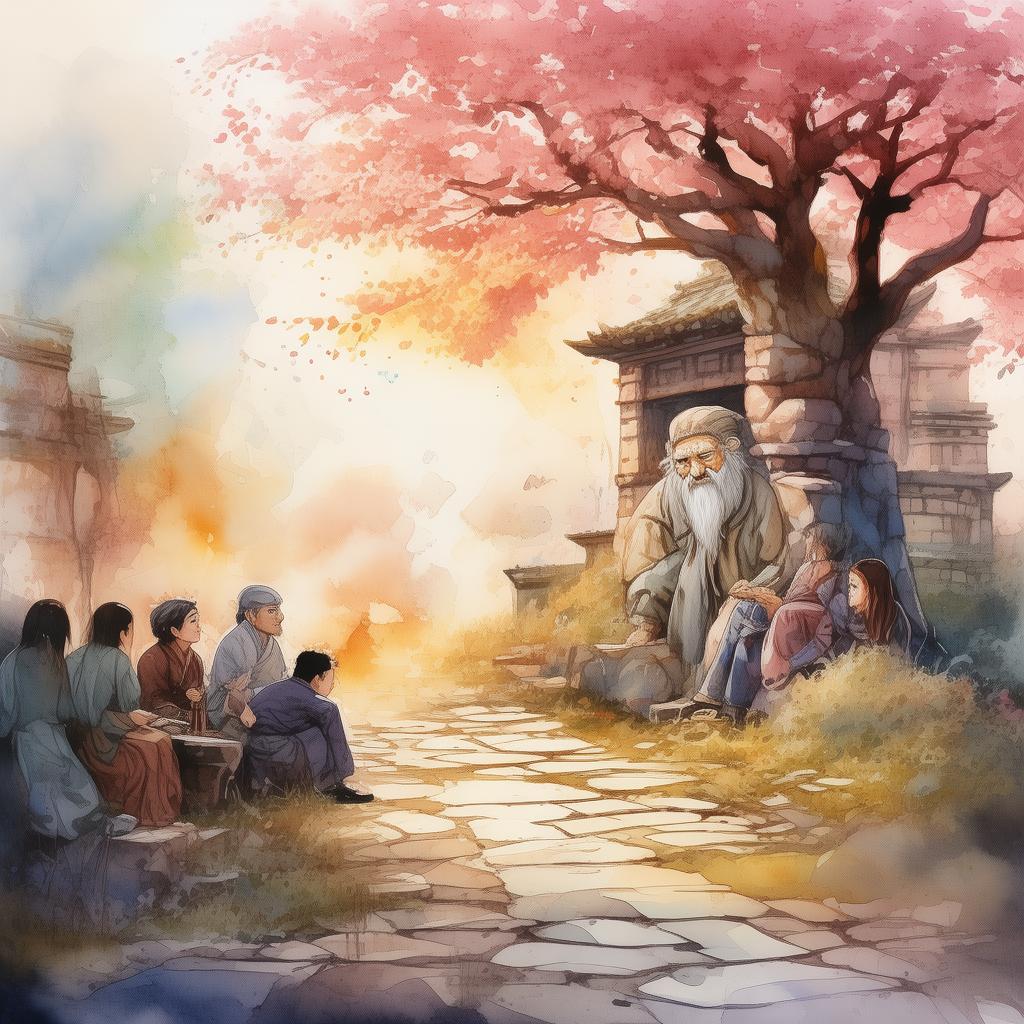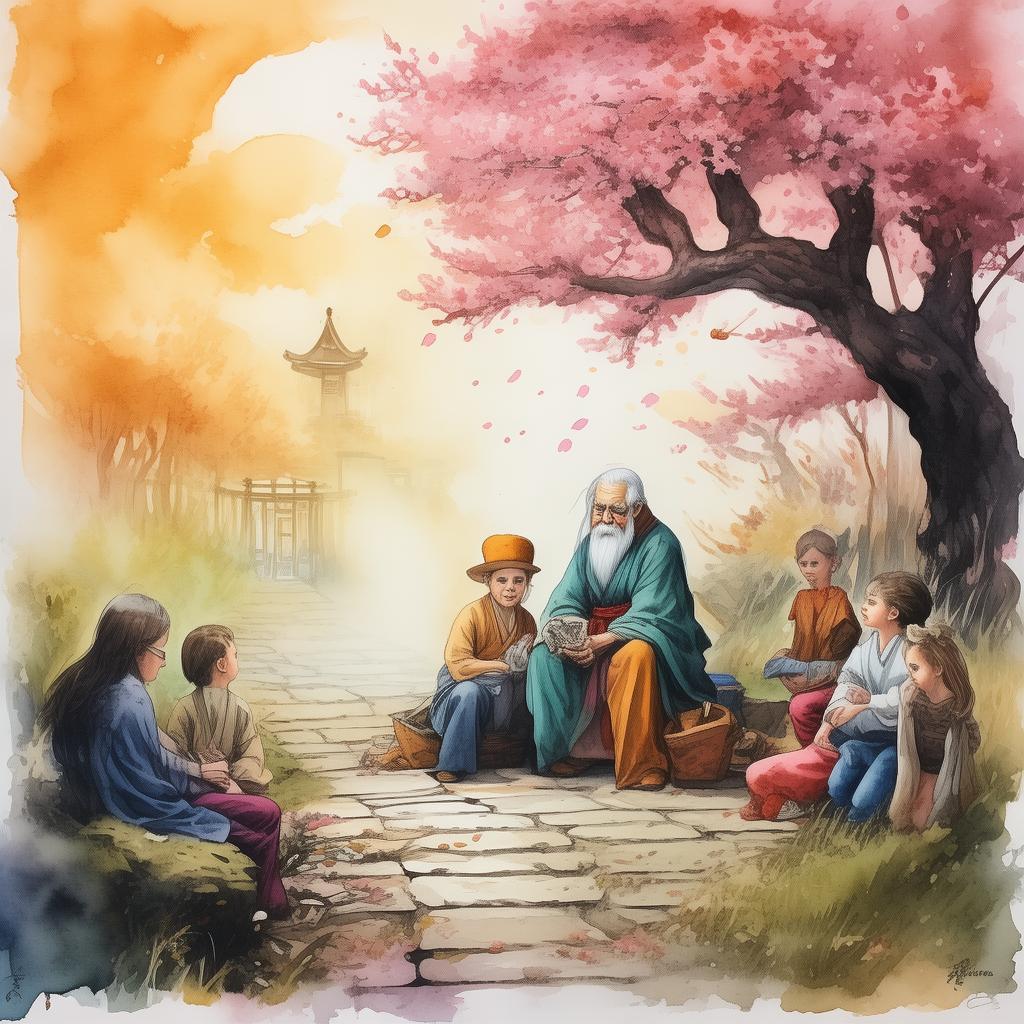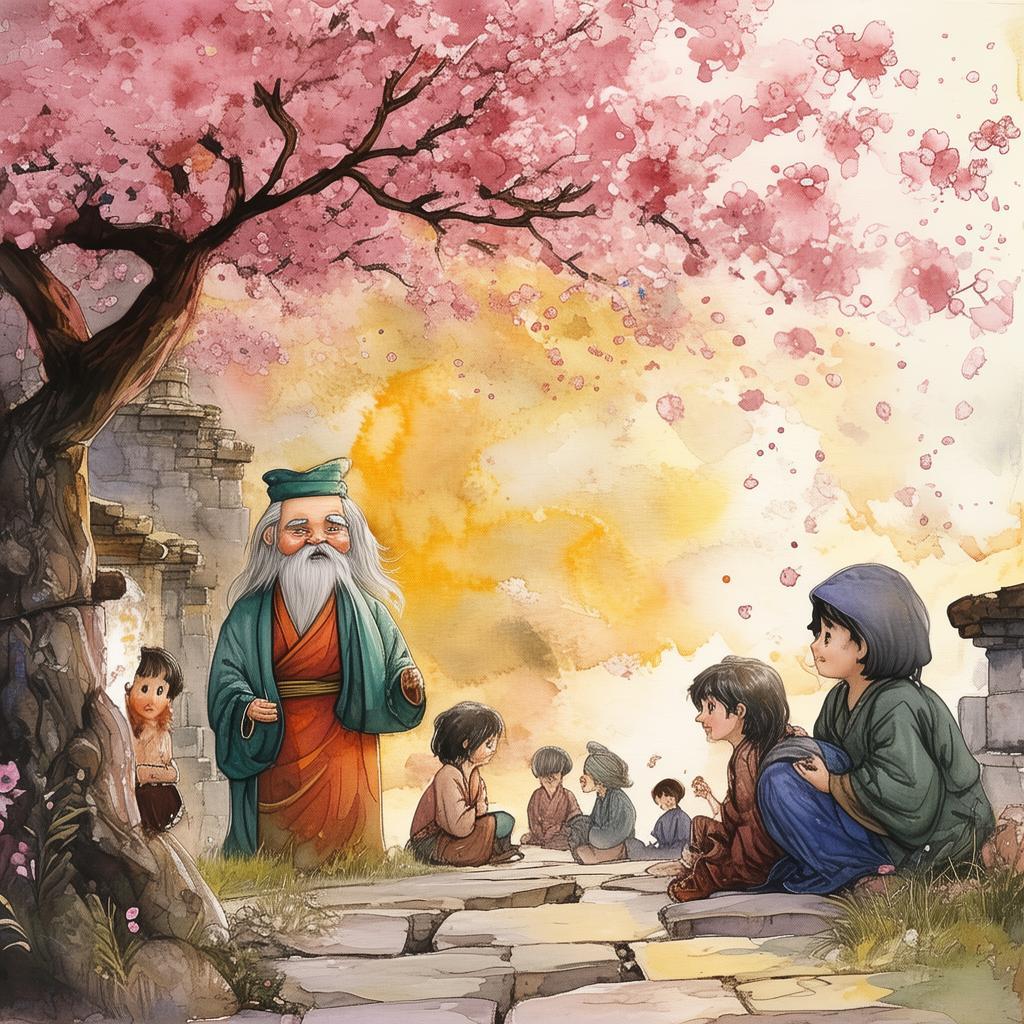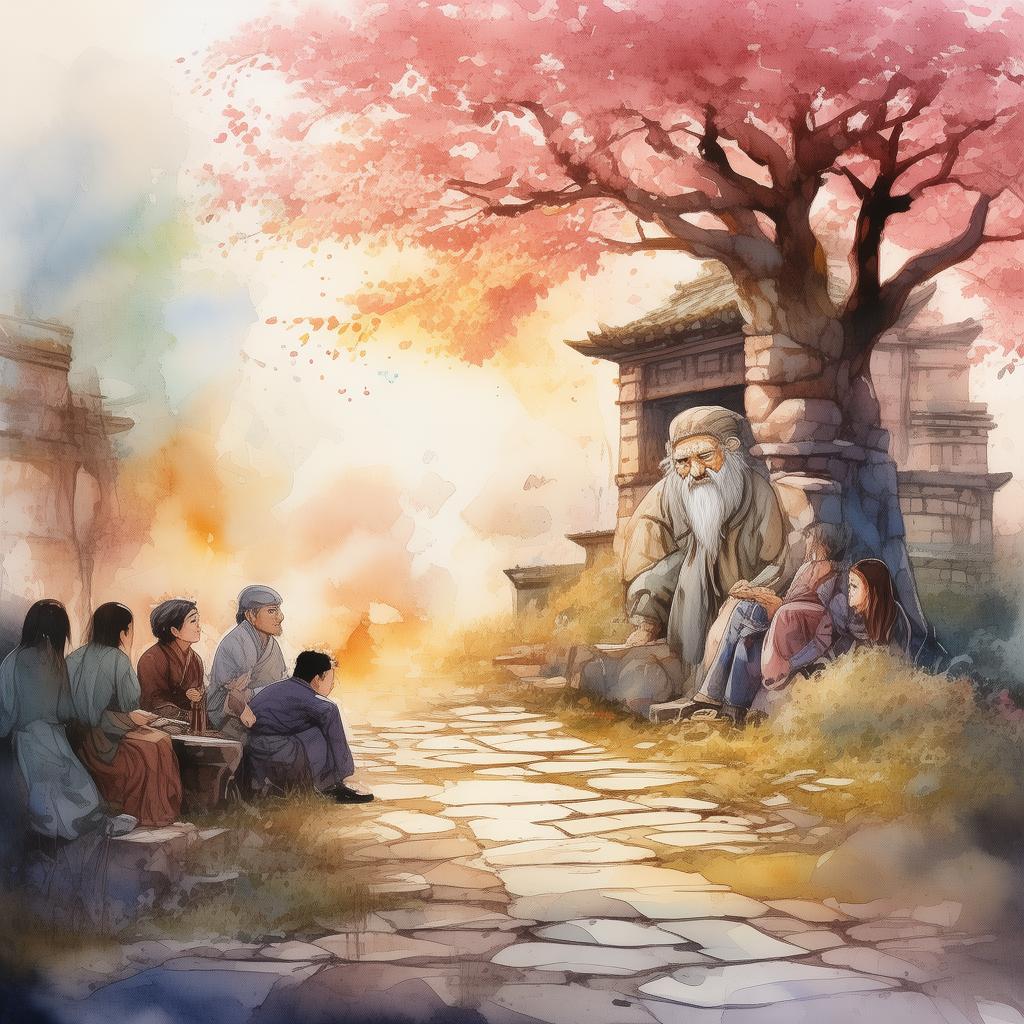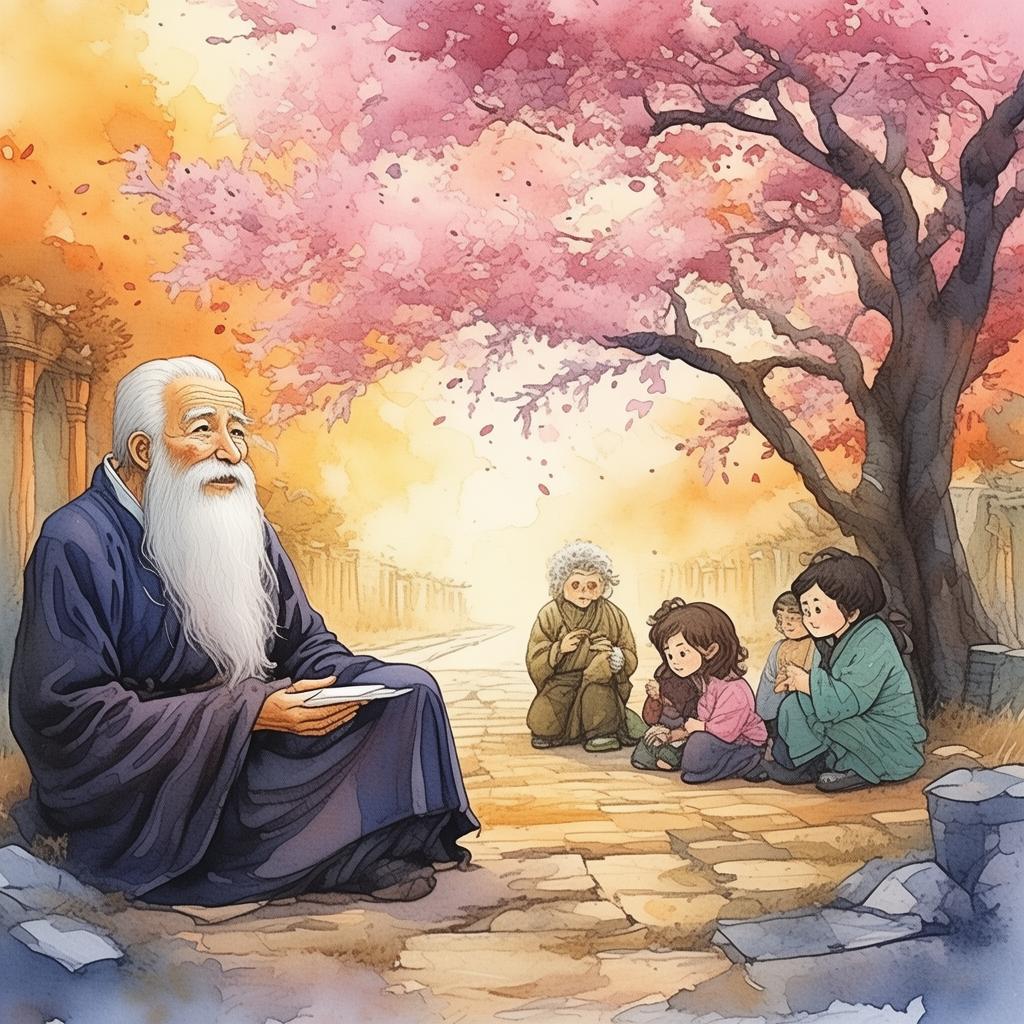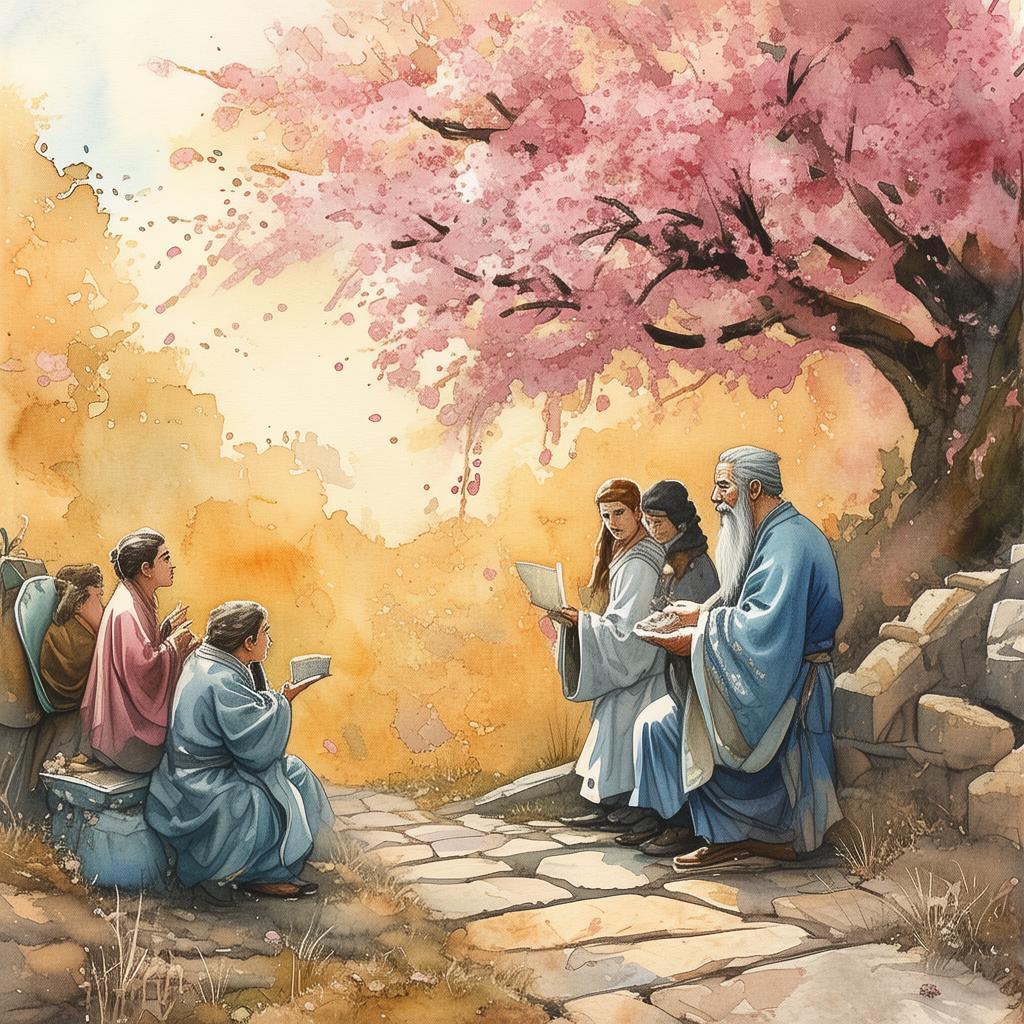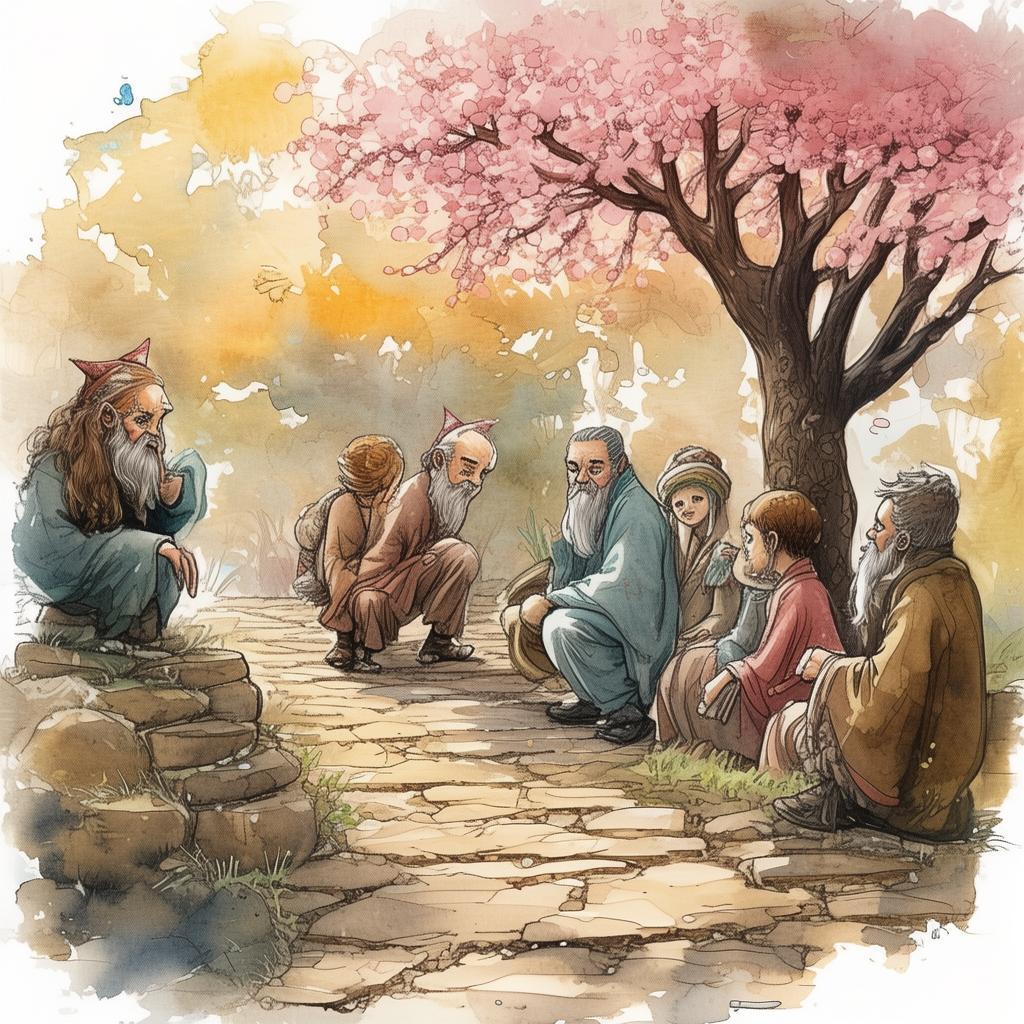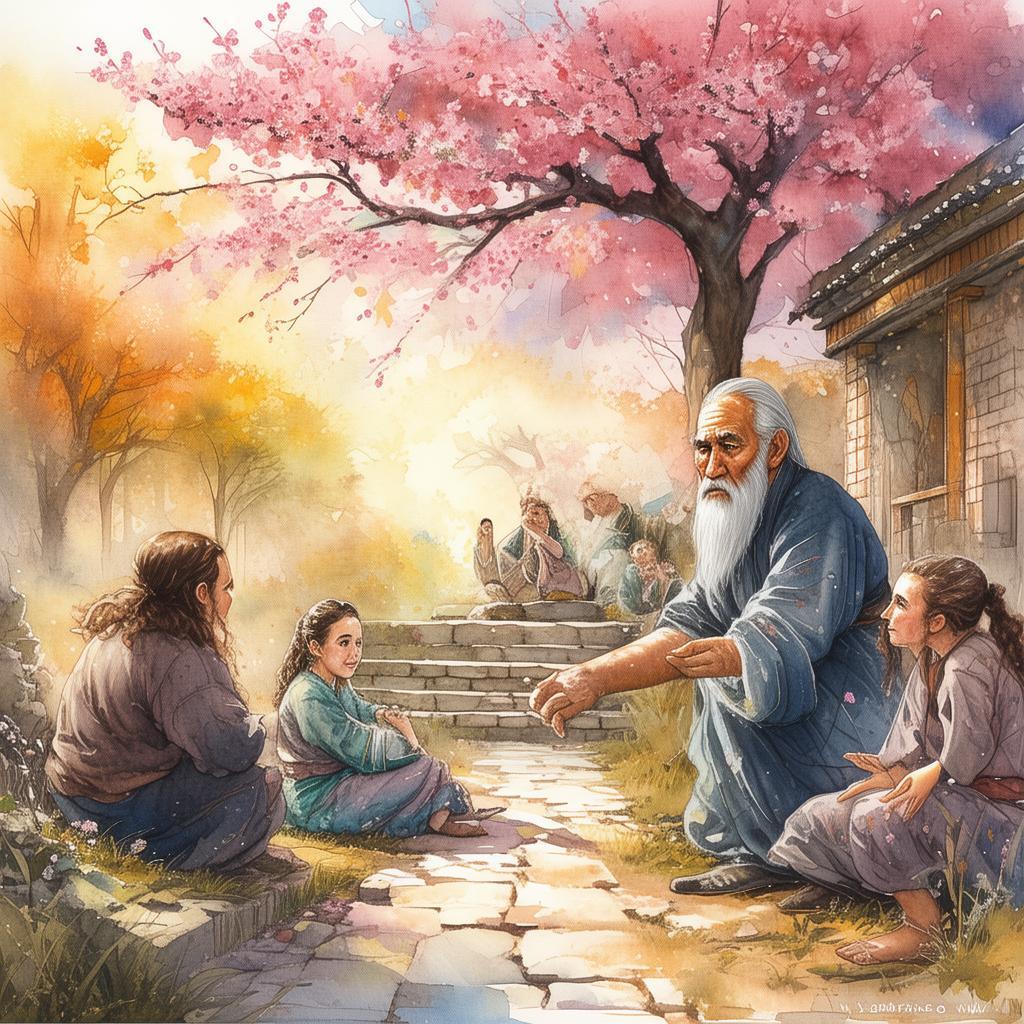The Ironclad Promise: A Tale of Loyalty and Betrayal
In the tumultuous years of the Taiping Rebellion, the Empire of the Qing faced its greatest challenge. Amidst the chaos, a young soldier named Liang Zhen stood out for his unwavering loyalty to his commanding officer, General Hu. The two had formed an unbreakable bond, forged in the fires of battle. Their bond was so strong that General Hu had once sworn an ironclad promise to Liang: "As long as I live, I will never betray you."
The story begins with the two men on the front lines, facing the relentless tide of the Taiping forces. Liang Zhen, a skilled swordsman and a loyal soldier, had fought by General Hu's side through countless battles. Their bond was not just one of friendship; it was a testament to the strength of their trust in each other.
One fateful day, General Hu received a secret message. It was from a high-ranking official in the Qing court, offering him a position of power and influence in exchange for his support in a coup against the emperor. The promise was too enticing to resist, and General Hu, torn between his loyalty to the empire and the promise of wealth and power, decided to accept the offer.
Liang Zhen, unaware of his commanding officer's betrayal, continued to fight with the same fervor. He had no inkling that the man he had sworn an ironclad promise to was now plotting against the very empire they were sworn to protect.
As the rebellion intensified, General Hu's true colors began to show. He started to treat Liang Zhen with suspicion, questioning his loyalty and even assigning him less important tasks. Liang, however, remained steadfast, his faith in General Hu unshaken. He believed that his officer's actions were a result of the pressure he was under and that he would come to his senses soon.
One evening, as the two men were alone in the camp, General Hu revealed his plans to Liang Zhen. He confessed to his betrayal and asked Liang to join him in the coup. Liang, shocked and betrayed, refused. "General, I have fought by your side for years. I have trusted you with my life. How can you ask me to betray the empire and my fellow soldiers?" Liang's voice was filled with sorrow and disbelief.
General Hu, seeing his plan unravel, became desperate. He ordered Liang's arrest, accusing him of being a spy for the Taiping. Liang was taken away, his fate uncertain.
The next morning, as the sun rose over the battlefield, General Hu's troops were preparing to launch their attack. Liang Zhen, tied and beaten, was brought before him. "General, I have not betrayed you or the empire," Liang pleaded. "I have only fought for what I believed in."
General Hu looked at his former loyal soldier with a cold, calculating gaze. "Your loyalty to the empire is commendable, Liang Zhen. But my loyalty is to my own interests. You are a liability now."
With a heart full of pain and betrayal, Liang Zhen was executed. His body was left on the battlefield, a silent witness to the treachery that had been played out before him.
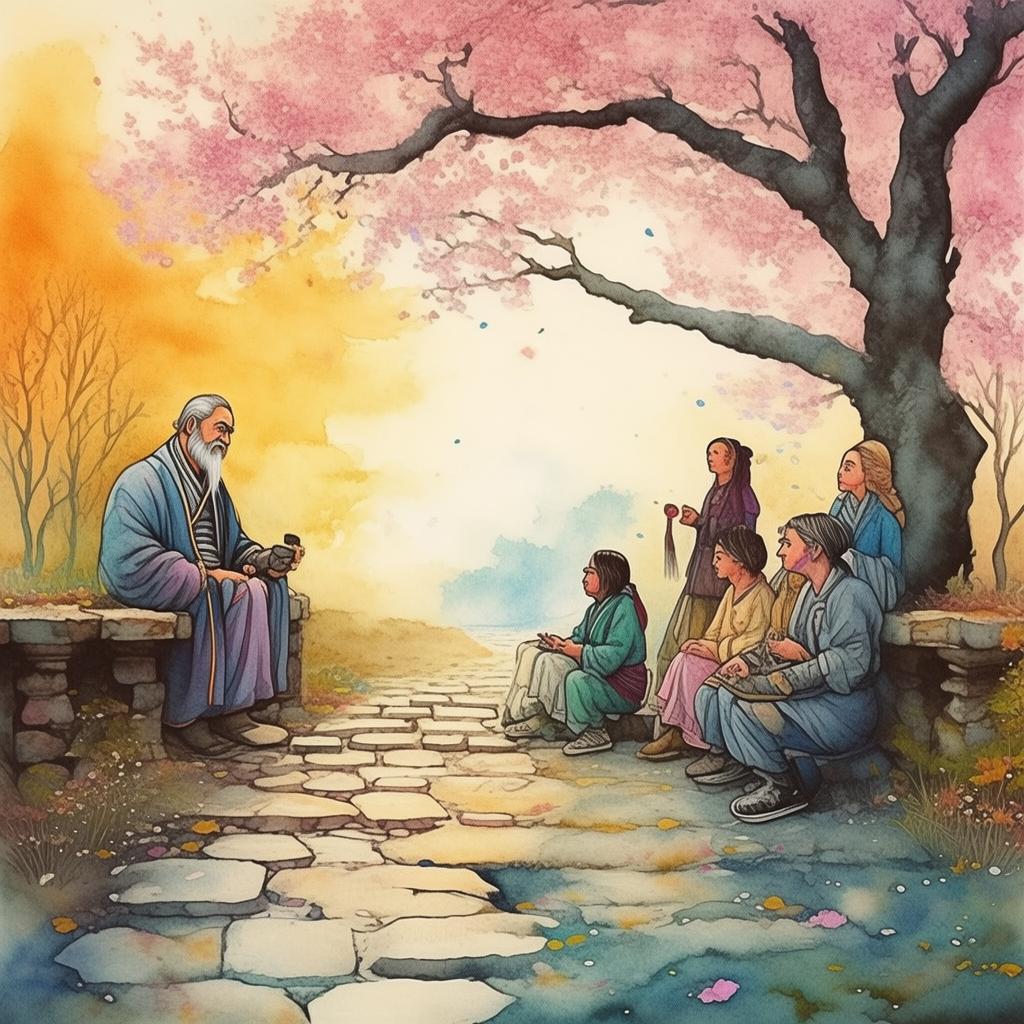
The news of Liang Zhen's execution spread like wildfire through the ranks. The soldiers were in shock, unable to believe that the man they had trusted and followed could have been so betrayed. General Hu's reputation was tarnished, and his coup failed. The empire, though weakened, remained standing.
In the aftermath of the rebellion, a new general was appointed to lead the Qing forces. He was a man who had witnessed the betrayal firsthand and vowed to restore the trust between the soldiers and their leaders. He remembered Liang Zhen's unwavering loyalty and the ironclad promise that had been broken.
The general ordered a grand ceremony in Liang Zhen's honor. He had a monument erected in his memory, inscribed with the words: "To Liang Zhen, a soldier of unwavering loyalty, whose sacrifice will never be forgotten."
The story of Liang Zhen and General Hu became a cautionary tale, a reminder of the power of loyalty and the cost of betrayal. It was a tale that would be told for generations, a testament to the strength of the human spirit and the enduring power of truth and justice.
✨ Original Statement ✨
All articles published on this website (including but not limited to text, images, videos, and other content) are original or authorized for reposting and are protected by relevant laws. Without the explicit written permission of this website, no individual or organization may copy, modify, repost, or use the content for commercial purposes.
If you need to quote or cooperate, please contact this site for authorization. We reserve the right to pursue legal responsibility for any unauthorized use.
Hereby declared.
